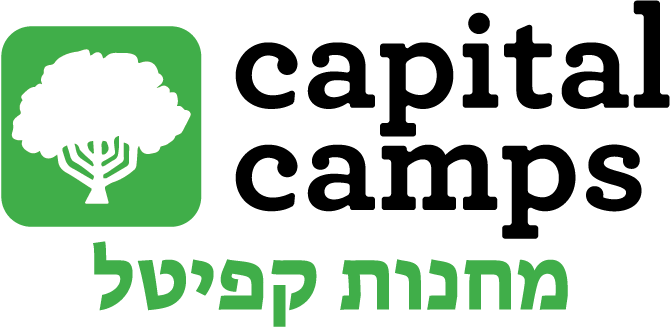Next week, we celebrate the Jewish holiday of Purim. Many of us are familiar with traditions such as costumes and listening to the megillah. But what is lesser known about this holiday is the day that comes after it: Shushan Purim.
In Megillat Esther, we’re told that most Jews marked their victory on the 14th of Adar. But in the walled city of Shushan, the fighting lasted an extra day, so they celebrated on the 15th. Today, we recognize the 14th of Adar as Purim and the 15th as Shushan Purim.
At first glance, that sounds like a small historical detail. But it highlights something important. Sometimes a community develops its own rhythm. Its own timing. Its own way of marking moments.
In many ways, camp does this too.
Over the summer, we create a kind of walled city. A community with its own rhythm and its own calendar. The quirkiest example of this is when July 4th falls on Shabbat. First session campers: get ready for the biggest July 1 celebration you’ve ever seen! 🙂
At camp, we develop our own traditions, our own communal jokes, in many ways our own language. Sing. “Give Bessie Give.” Cheering during daily announcements. Sharing daily sports and stock market updates at b’yachad. Some of it makes perfect sense inside the bubble and a little less sense outside of it.
And that’s the point.
Shushan Purim reminds us that what happens inside a community’s “walls” matters. Even if it looks different from the outside. Even if it runs on its own timetable. Those shared rhythms are what create belonging.
Over the past month at our camper reunions, I was reminded how durable our community is, even outside the walls of CCRC. Campers hadn’t seen each other in months, and within minutes they were back in sync. The rhythm returned quickly. The connection was still there. What we build during the summer does not disappear when the summer ends.
Over the next couple of weeks, we’ll be at Purim carnivals and celebrations across the community. We would love to see you there! We’re excited to bring a little bit of camp energy into new spaces and carry its spirit into the rest of the year. Keep reading the newsletter for more details on where you can find us the upcoming two Sundays, and wishing everyone a Happy Purim!
